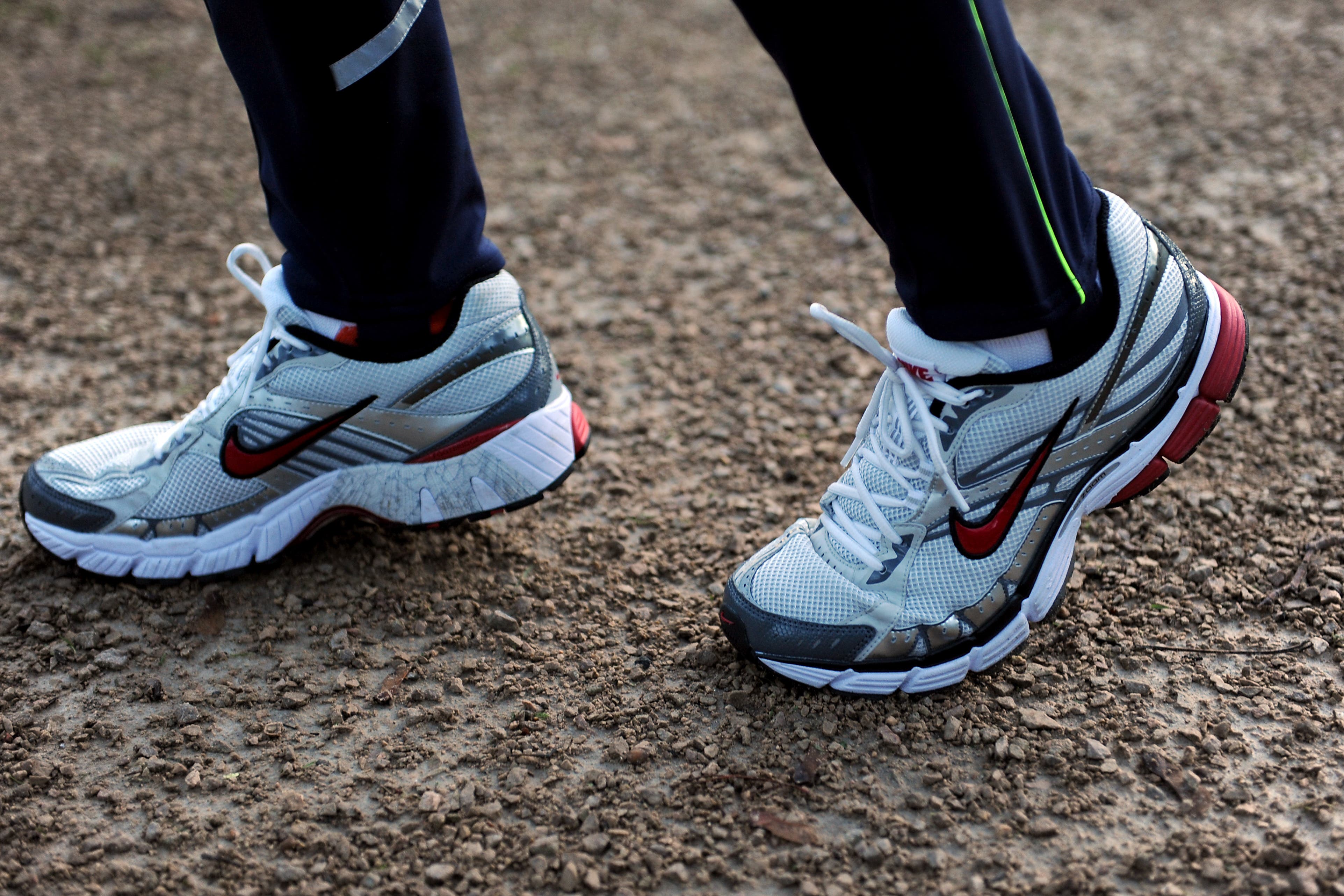Exercise could help combat premature ejaculation, study suggests
The condition is estimated to affect anywhere between 30% to 83% of men, experts say.

Running and pelvic floor exercises could help combat premature ejaculation, new research suggests.
According to the study, exercise appears to be a potentially effective way of treating the common sexual complaint in men.
The condition is estimated to affect anywhere between 30% to 83% of men, with the wide range due to the lack of a widely accepted definition.
Anglia Ruskin University (ARU) researchers reviewed 54 studies, which involved 3,485 participants from across the world, published over the past 49 years.
They found that physical activity as an intervention had promising results in many of the studies, proving as effective as drugs but without associated side effects.
Given that drugs often have side effects, it appears that, after all, the best medicine for avoiding premature ejaculation may well lie in exercise
One study found that running for 30 minutes, five times a week had as much impact on latency time – the time taken to ejaculate – as taking dapoxetine, a drug used to treat the condition.
While another study included in the research suggested that carrying out pelvic floor exercises increased latency time from an average of one minute to three minutes.
Lead author Lee Smith, Professor of public health at ARU, said: “We know premature ejaculation is a common complaint among men worldwide.
“The lack of a clear definition of what is or isn’t premature ejaculation has repercussions in terms of treatment, and there are relatively few effective drugs available.
“Our paper is a comprehensive review of studies into non-pharmacological interventions for this common complaint, and there are clear indications that physical exercise, including running and engaging the pelvic floor muscles, show promise in several studies.
“Given that drugs often have side effects, it appears that, after all, the best medicine for avoiding premature ejaculation may well lie in exercise, and this possibility requires larger studies and further investigation.”
The research also looked at approaches using various forms of psychotherapy, and studies showed generally positive results in increasing latency time, they say.
There are few medications that can treat premature ejaculation, including the drug dapoxetine, while other off-label options often used include local anaesthetics, clomipramine and tramadol.
However, many of these interventions have side effects.
The findings are published in the journal Trends in Urology and Men’s Health.